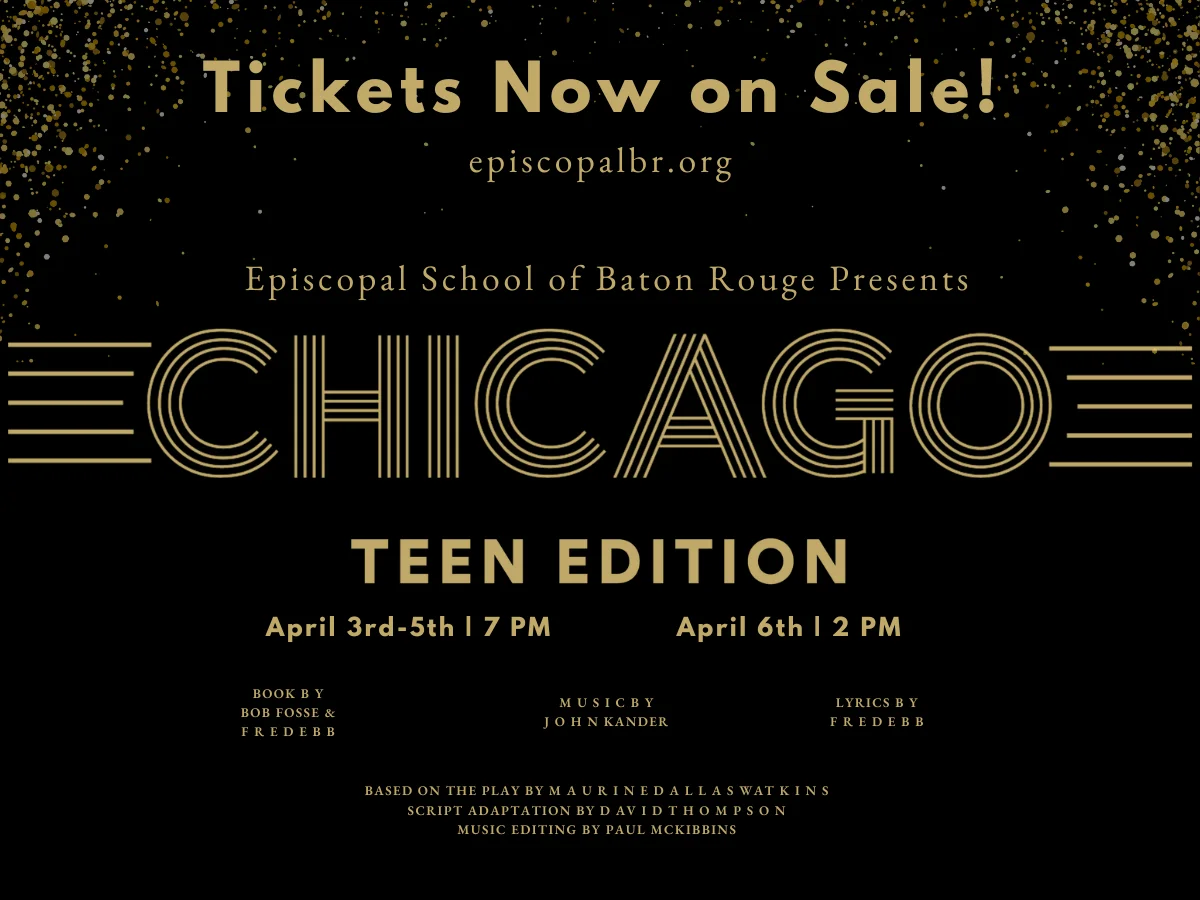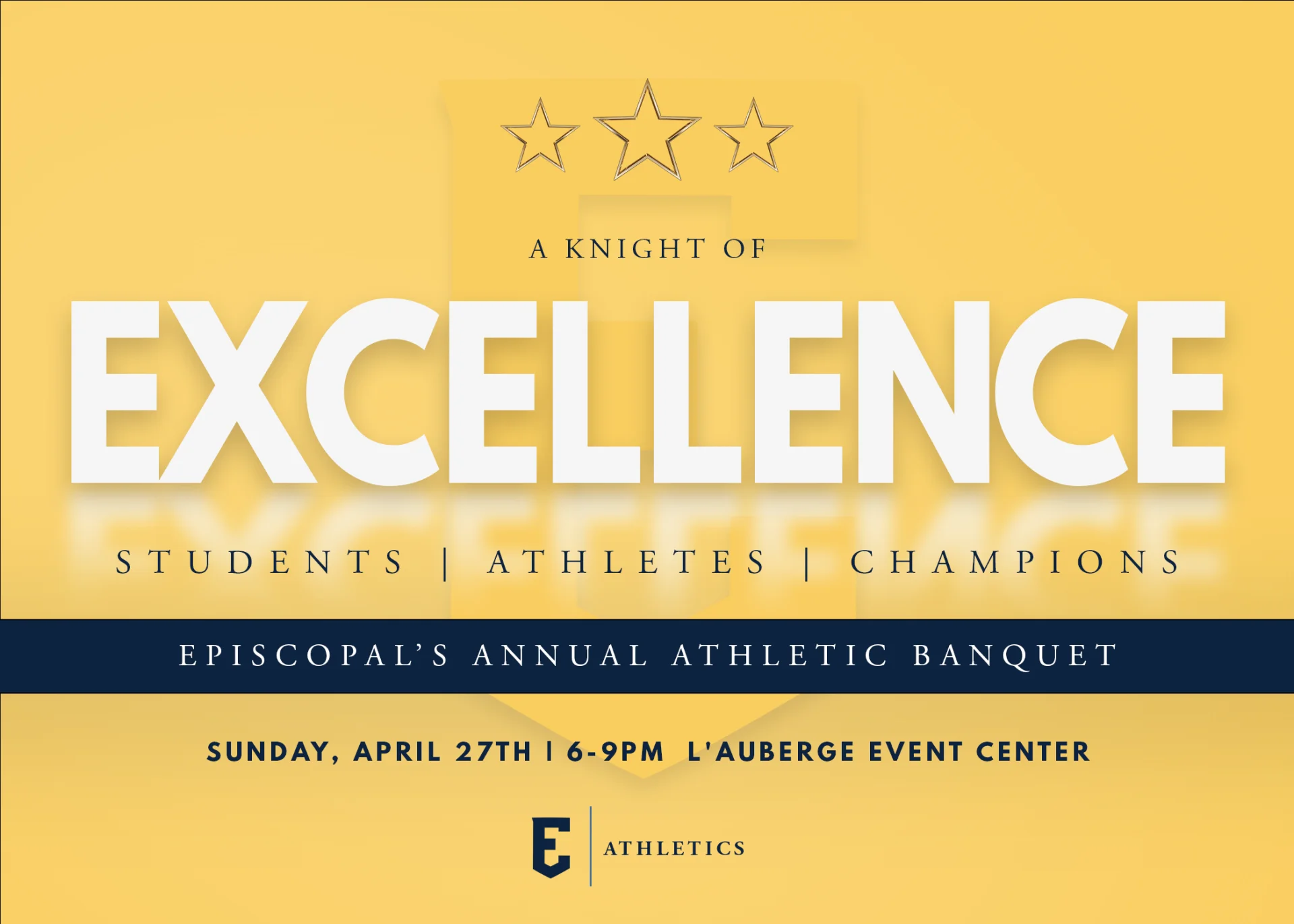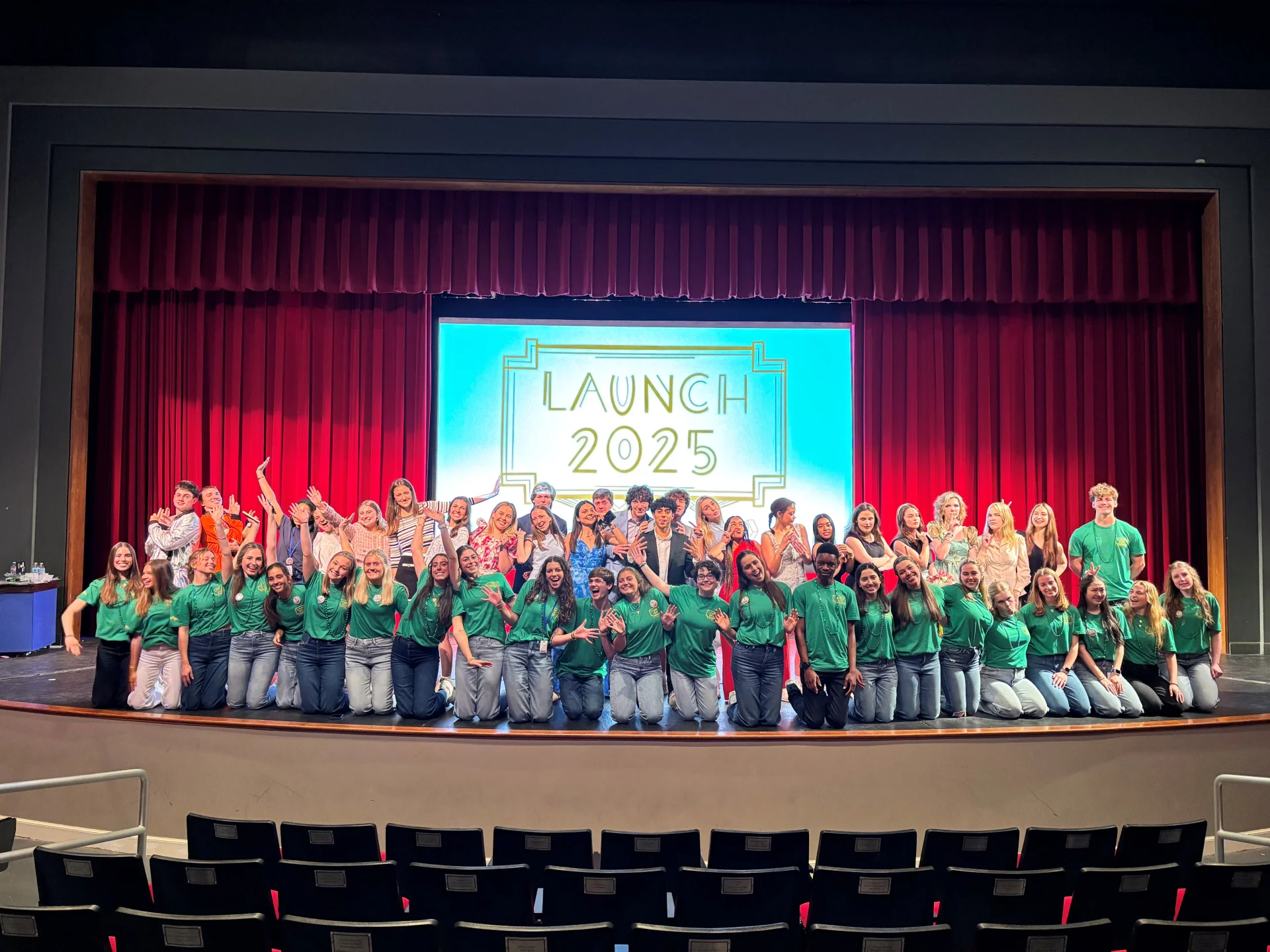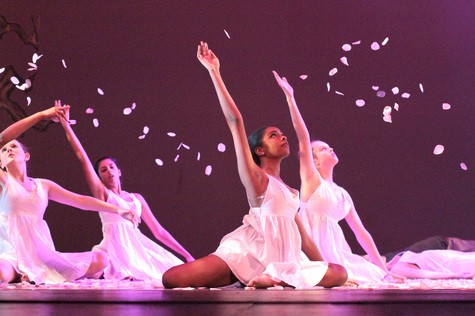- Admission
- Discover Episcopal
- Our Program
- Athletics
- Arts
- Spirituality
- Student Life
- Support Episcopal
- Alumni
- Parent Support
- Knightly News
- Contact Us
- Calendar
- School Store
- Lunch Menu
- Summer Camps
- Knight Under the Stars
- Chicago Tickets
- PowerSchool Notice
« Back
Dancing Out of the Desk
December 6th, 2018

Madeleine Cope, Senior Thesis Student and Dancer, compels us to get out from behind our desks and utilize movement in our learning experiences.
What does dance mean to us? Is it an art form, utilized for its expression and creativity? Is it an athletic form that can lead dancers down an elitist path as we see in reality competition shows? Or, is it an enjoyable activity pursued by people all around the country for sheer pleasure and enjoyment? Whether we know it or not, we witness dance more often than we think. From seeing it on TV, on the VPAC mainstage , or even at social events, we can all admit that dance is a platform for expression that has been an element of life for as long as we have known. Although we have seen dance via different mediums for ages, it seems as though we haven’t utilized dance for what all it can do for us. Recent research has shown that dance can have meaningful benefits outside of places like a stage or TV screen; in fact, it can be utilized in our daily lives during a school day for our academic success.
Cognitive psychology teaches us that to create long-term memories, we have to make our material and ideas personally meaningful to us. This is accomplished by associating knowledge with other concepts or activities we have experienced. Jane Bonbright, a researcher for the National Dance Education Organization, notes that retention can also be facilitated and catalyzed by incorporating more areas of the brain in the initial encoding process for establishing long-term memories. Because dance can combine all of these psychological concepts and provide as an active and engaging learning system for children, it has the ability to be a great device for not only teaching children of young ages but for establishing well-suited academic habits in its students. Although it may seem a bit hasty, or even a bit radical, we should start considering dance as a way to facilitate brain development and the creation of higher retention rates among young learners.
In Jamie Steele’s research study for the Journal of Dance Education, she focused on the academic success of a fifth-grade class learning about different means of energy through dance. Steele not only found that the students left the class with greater communication skills from the group assignment but the students were able to, “...explain (1) visually through diagrams, (2) kinesthetically through dances, (3) verbally through explanation, and (4) manually through a [hands on project]." In this sense, Steele discovered what researchers like Bonright have recently uncovered: that dance can combine many of the essential skills needed by modern young students to succeed, while also being able to allow children to learn via an active format that enables the brain to facilitate the creation of long-term memory.
Needless to say, dance has some untapped benefits for young learners that most of us did not even realize. Knowing this, we must question: why haven’t all schools utilized dance education or other active learning methods like it so that students may reap its benefits? While traditional learning methods are often effective, I argue that experimenting with the use of active learning systems, like dance, may allow students to reach an untapped potential that will enable them to have better academic success. As Dr. Adrienne Sansom writes, “[Dance] is a modality [that] helps us gain knowledge through the body and grasp the essence of learning from within, connecting to ourselves in the deepest, most direct ways.” If we take Dr. Sansom’s sentiment and learn to apply it to an upcoming generation of learners, not only will they be able to make deep connections to their content, but they may be able to see inward and discover the value of meaningful learning.
Madeleine Cope
Madeleine Cope has been a student at Episcopal since Pre-K and is currently a high school senior. In addition to her involvement with the Honors Thesis program, Madeleine participates in Episcopal’s Dance Ensemble, acts as Co-Choreographer for Episcopal’s Lower and Middle School musical productions, participates in Episcopal theatre productions, and is a Math Tutor for Episcopal’s Math Center. Her thesis revolves around the concept of utilizing new education methods, especially those involving dance education and active learning environments.
The Episcopal School of Baton Rouge 2025-2026 application is now available! For more information on the application process, to schedule a tour, or learn more about the private school, contact us at [email protected] or 225-755-2685.
Posted in the categories All, Visual And Performing Arts.
Other articles to consider
 Mar27Episcopal Presents "Chicago: Teen Edition"
Mar27Episcopal Presents "Chicago: Teen Edition"Don’t miss the Upper School spring musical “Chicago: Teen Edition”! With dancing, singing, a true crime theme and a 12-piece professional orchestra, this PG-13 presentation is sure to impress. Shows run April 3-6—get your tickets today!
See Details Mar27Episcopal Announces "The Knight of Excellence" Athletic Banquet
Mar27Episcopal Announces "The Knight of Excellence" Athletic BanquetCelebrate Episcopal's top athletes at the Knight of Excellence on April 27th! Join us for an inspiring evening of awards, recognition and community.
See Details Mar26College Announcements 3.28.25
Mar26College Announcements 3.28.25Please join us in congratulating members of the Class of 2025 as they announce their college enrollment decisions.
See Details Mar25A Community of Learners Takes the Stage at LAUNCH Day 2025
Mar25A Community of Learners Takes the Stage at LAUNCH Day 2025LAUNCH Day 2025 celebrated student-driven research, innovation and a close-knit community of learners. See how seniors showcased their hard work, creativity and big ideas on stage.
See Details
Categories
- All
- Admission
- Athletics
- College Bound 2019
- College Bound 2020
- College Bound 2021
- College Bound 2022
- College Bound 2023
- College Bound 2024
- College Bound 2025
- Counselors Corner
- Episcopal Alumni
- Giving
- Head Of School
- Lower School
- Middle School
- Spirituality And Service
- Student Work
- The Teachers' Lounge
- Upper School
- Visual And Performing Arts
Recent Articles
- 03/27/25Episcopal Presents "Chicago: Teen Edition"
- 03/27/25Episcopal Announces "The Knight of Excellence" Athletic Banquet
- 03/26/25College Announcements 3.28.25
- 03/25/25A Community of Learners Takes the Stage at LAUNCH Day 2025
- 03/24/25Congratulations to the 2025 Newton Distinguished Faculty Award Honorees!
- 03/21/25College Announcements 3.21.25
- 03/21/25Chase Cresson to Play Football at Morehead State University
- 03/20/25Anna Kate Yale to Compete at Harding University
- 03/13/25From Museums to READBowl: Episcopal Students Embrace the Joy of Learning
- 03/13/25Expanding Academic Support: ARC Fellows Mentor Lower School Students











